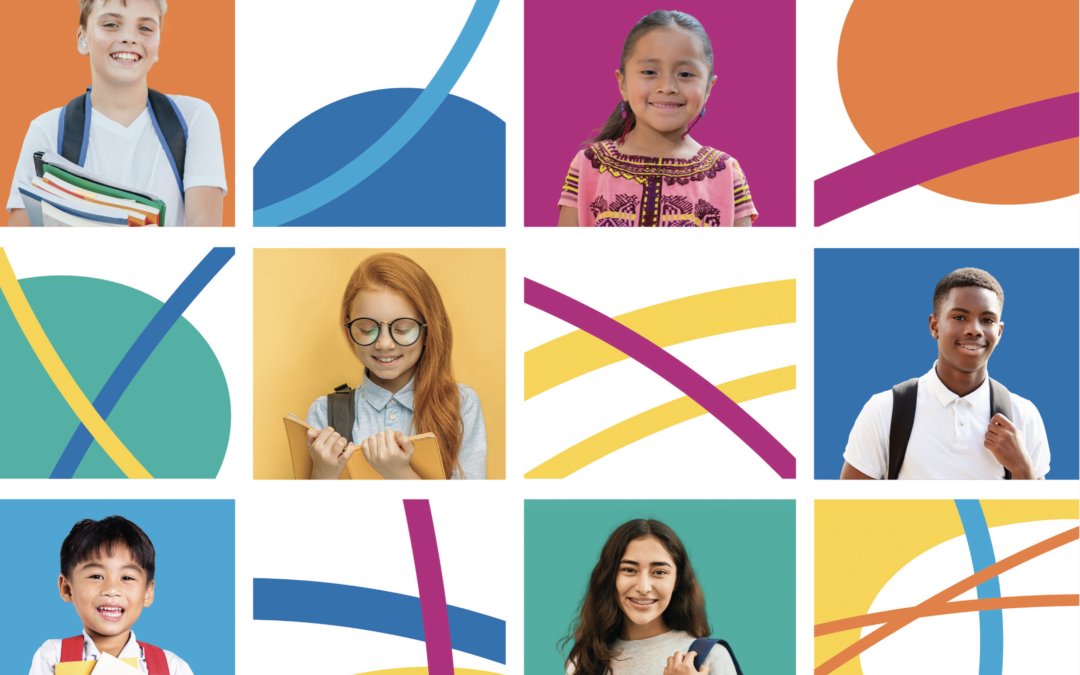Governments and education policy makers are increasingly concerned with equity and inclusion in education due to several major global trends such as demographic shifts, migration and refugee crises, rising inequalities, and climate change. These developments have contributed to increasing diversity and warrant an examination of the impact of diversity on equity and inclusion in education.
Over the past four years, the OECD Strength through Diversity Project has developed a rich evidence-base to help countries identify and support the needs of diverse students and promote more equitable and inclusive education systems.
The OECD, with its Strength through Diversity Project, stands ready to support countries in developing and implementing policies for more equitable and inclusive education systems. This not only can benefit diverse students but support all individuals to engage constructively with others in increasingly diverse and complex societies.
The 2023 Equity and inclusion in education: Finding strength through diversity report synthesises the main findings of the OECD Strength through Diversity Project that have emerged through its analytical, countryspecific and peer-learning work in Phase II (2019-22). It presents a holistic framework for studying diversity, equity and inclusion in education, examines five key policy areas (governance; resourcing; capacity building; school-level interventions; and monitoring and evaluation), provides examples of good policies and practices, and offers policy advice on promoting more equitable and inclusive education systems. This abridged version presents the key findings of the report.
The development of this report was guided by Andreas Schleicher and Paulo Santiago, and was overseen by the Education Policy Committee. The authors of this report are Lucie Cerna (co-ordinator), Cecilia Mezzanotte and Samo Varsik of the OECD Directorate for Education and Skills, and Sarah Jameson of TUAC (previously with the Directorate for Education and Skills).
Daiana Torres Lima was responsible for the production and layout of the report. Della Shin prepared the cover page of the report. Valuable comments on draft chapters were provided by members of the OECD Secretariat (in particular Paulo Santiago and Luka Boeskens) and members of the Education Policy Committee. The team of authors is grateful to individual experts who contributed to the country-specific reviews on equity and inclusion in education, whose expertise and analysis have fed into this report (including Mel Ainscow, Emmanuel Acquah, Xavier Bonal, Torberg Falch, Emmanuele Pavolini and Christian Morabito). The team would also like to thank national experts who completed the Strength through Diversity Policy Survey, which fed into this report. Furthermore, the report was enriched by the thoughtful contributions provided by the many individuals who participated in Phase II of the Strength through Diversity Project.
Thanks are due to the many people who worked on the project at different stages of its development, in addition to the current members: Francesca Borgonovi (Project Leader from January 2017 to July 2019); Ottavia Brussino (Intern and Consultant from June 2019 to March 2022); Francesca Gottschalk (Analyst from September 2021 to March 2022); Caitlyn Guthrie (Analyst from May 2018 to December 2019); Alexandre Rutigliano (Intern and Consultant from June 2019 to May 2022); Jody McBrien (July 2021 to EQUITY AND INCLUSION IN EDUCATION (ABRIDGED VERSION) © OECD 2023 4 July 2022) on secondment from the University of South Florida and on fellowship from the Council of Foreign Relations. They provided substantial input into the report’s knowledge base through their analytical work.
Claire Calvel, Leonard Frye, Julia Gorochovskij, Irmak Günal, Simona Mandile, Nikita Quarshie, Adam Sticca, Elisabeth Stummvoll and Crystal Weise provided research assistance summarising key areas of the literature on diversity, equity and inclusion during their internships at the OECD. Thank you also to Rowena Phair of the OECD Secretariat and her team, whose work on Indigenous students is integrated in this report.
Diana Tramontano (until March 2019), Matthew Gill (from April to June 2019), Claire Berthelier (from June 2019 until June 2020) and Carrie Richardson (from September until December 2020) provided administrative support for the Strength through Diversity Project Phase II. Rachel Linden (Directorate for Education and Skills) edited the report and provided advice on the production of the report and dissemination activities.
We are also grateful to the Council on Foreign Relations for sponsoring Jody McBrien’s (July 2021-July 2022) secondment with the OECD Secretariat.
